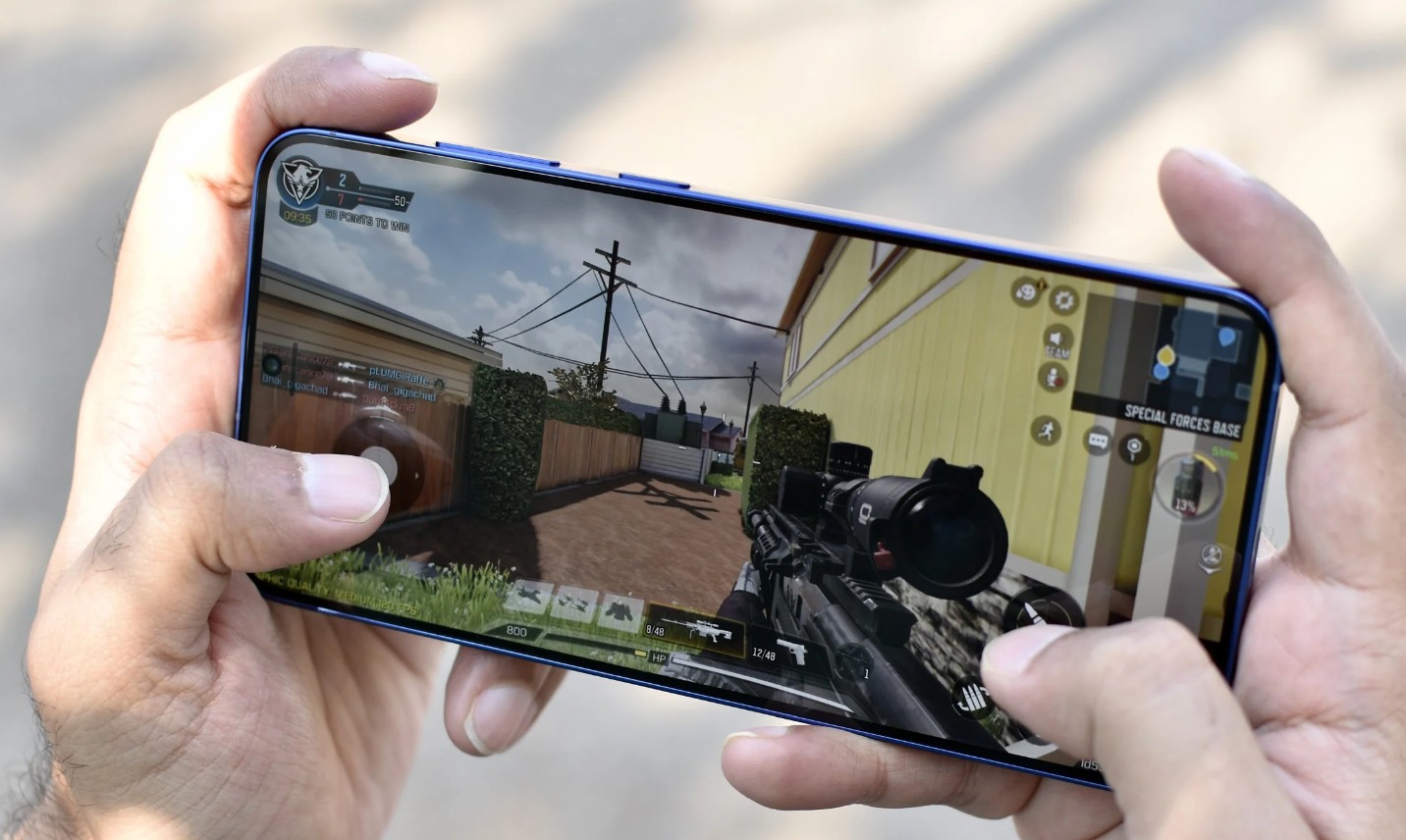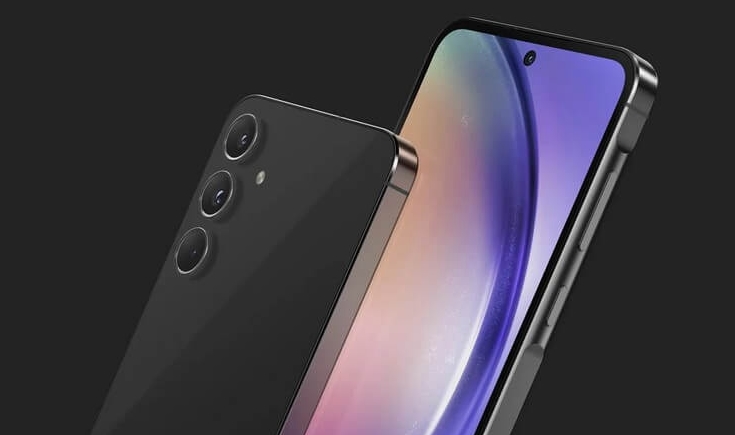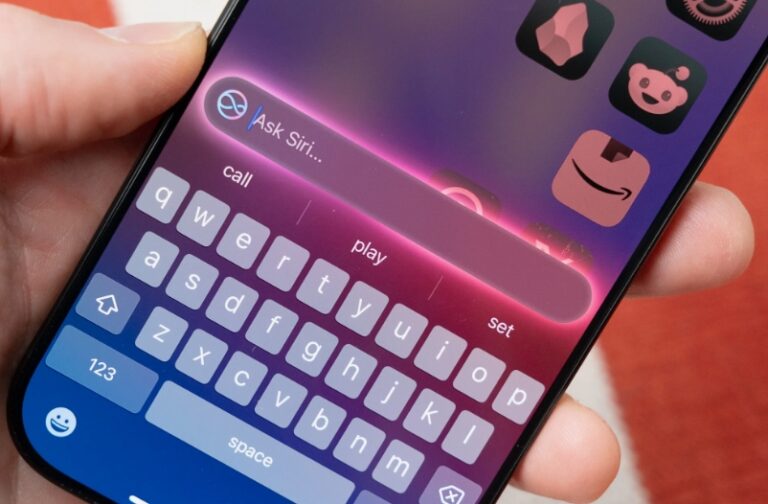
Galaxy May Receive Enhanced Media Playback Capabilities – Although One UI 7.0 may have seen a postponement, we disclosed earlier this morning that Samsung intends to introduce One UI 8.0, based on Android 16, quite soon. It may enhance game performance as well as media playback efficiency. Google has implemented modifications internally in Android 16 to facilitate this outcome.
Google introduced the ability to utilize Vulkan APIs, a superior standard for graphic as well as computation relative to OpenGL, in Android 7.0, and is designating Vulkan as its primary graphics API starting Android 16. With the majority of processors now supporting Vulkan APIs for graphics, applications and games designed for Android 16 must utilize Vulkan to interface with their device’s GPU for graphical processing.
Galaxy May Receive Enhanced Media Playback Capabilities
Nonetheless, not all devices are compatible with every Vulkan feature, prompting Google to seek uniformity. Last year, it launched the Vulkan Patterns for Android (VPA) program. According to Android Authority, VPA delineates a collection of Vulkan capabilities that GPUs must accommodate to obtain Google’s certifications for a specific Android version. Chipsets aimed at Android 16 require VPA 16 and must support certain Vulkan capabilities, notably Host Image Copy. Galaxy May Receive Enhanced Media Playback Capabilities
Host Image Copy, a feature of Vulkan 1.4, is described by Shahbaz Youssefi, a Senior Software Developer at Google focusing on the Vulkan the backend of ANGLE, as providing seamless texture data transfer and expedited load times, while reducing GPU memory use by 50%. It enhances application and game loading times, diminishes stuttering, and reduces GPU utilization. To gain further insight, you should peruse this article.
Certain Android devices currently enable Host Image Copy, with further devices expected to adopt this feature in Android 16, hence enhancing gaming performance and reducing load times. Galaxy May Receive Enhanced Media Playback Capabilities
Android 16 is designed to enhance battery economy during the playback of video and audio files. It introduces a novel feature known as in-process program audio codecs, enabling media codecs to operate within an application’s process. Prior to Android 16, formats were compartmentalized into multiple sandboxed processes to enhance security. However, this led to numerous IPC, leading to increased processor load along with power consumption.
Google has reportedly rewritten codecs using a memory-safe programming such as Rust, enhancing their security. Consequently, they do not require division into distinct processes. According to Android Authority, in-process application audio codec can enhance the decoding along with encoding performance of the AAC codec by 50%. This feature was initially scheduled for introduction with Android 15, however Google postponed it until Android 16.
The enhancements pertaining to gaming as well as media playback in Android 16 are expected to be integrated into One UI 8.0. They will enhance the performance of Galaxy smartphones and tablets. Galaxy May Receive Enhanced Media Playback Capabilities






